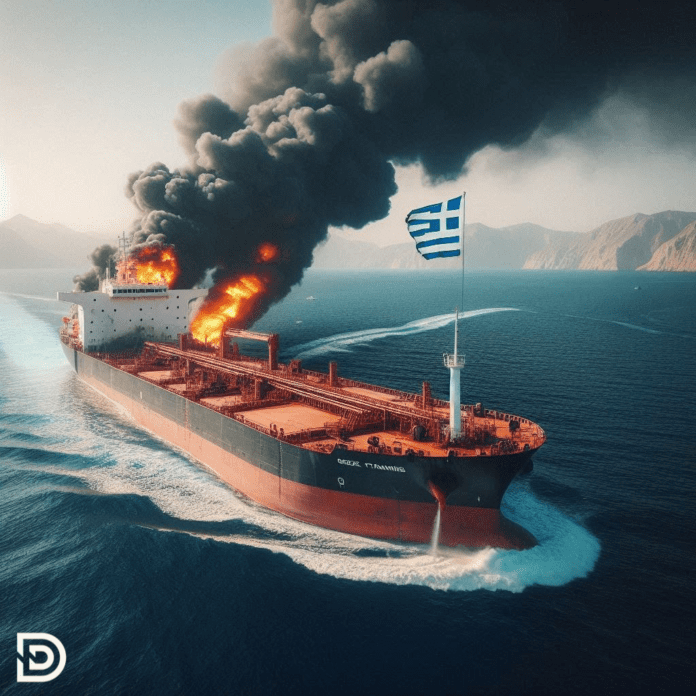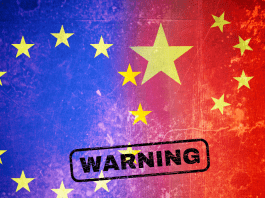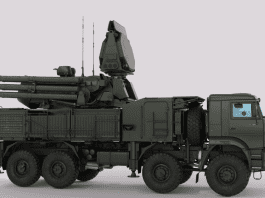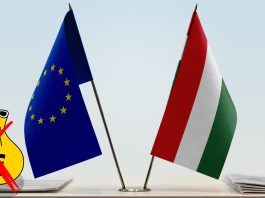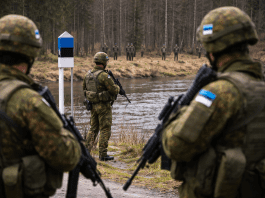A crew of 25 has been safely rescued from a Greek-flagged oil tanker, the MV Sounion. After it caught fire following multiple attacks in the Red Sea. The incident has raised fresh concerns about the security of international shipping in the region.
The Attack on MV Sounion
On Wednesday morning, the MV Sounion, a Greek oil tanker, was attacked while sailing 77 nautical miles (143 km) west of Yemen’s Hodeidah port. The Greek shipping ministry and the UK Maritime Trade Operations (UKMTO) said that more than a dozen people in two small boats fired projectiles at the tanker. There was a short exchange of fire at first. But things got worse when the tanker was hit again. This second attack caused a fire and made the ship lose power, so it couldn’t move.
Rescue Operation by EU Naval Mission
In response to the emergency, the European Union’s Red Sea naval mission quickly acted. Upon receiving a request from the shipping company and the vessel’s captain, a unit was dispatched to provide protection for the crew. The mission confirmed that all 25 crew members, including 23 Filipinos and two Russians, were safely rescued.
As the naval unit approached the area on Thursday, it encountered an Unmanned Surface Vehicle (USV) posing a threat to the tanker and its crew. The EU mission successfully neutralised the USV. By ensuring the safety of the operation. There were no injuries reported among the crew, and the rescue operation was completed without further incident.
Condemnation from Greek Authorities
Greece’s Maritime Affairs Minister, Christos Stylianides, strongly condemned the attack. He called it a blatant transgression of international law and a major danger to the safety of global shipping. Greek authorities indicated that the ship might have been hit either by missiles or drones. The incident adds to growing concerns about the safety of vessels navigating the Red Sea.
Background on Houthi Attacks
The attack on the MV Sounion is the latest in a series of incidents in the Red Sea. Since November, the Iran-aligned Houthi group has targeted international shipping near Yemen. The Houthis assert that because of the current conflict in Gaza, they are carrying out these attacks in support of Palestinians. They have not taken responsibility for the assault on the Sounion.
This is not the first time someone has targeted a vessel operated by Delta Tankers. Earlier this month, attackers struck two other tankers managed by the company—the Liberia-flagged Delta Atlantica and Delta Blue—in separate incidents.
Wider Implications for Shipping
In another incident, a merchant ship near the Yemeni port city of Aden reported five explosions in nearby waters. The Panama-flagged SW North Wind I was identified as the vessel. It continued its journey to the next port of call, and the crew remained unharmed.
These attacks have led to significant disruptions in shipping routes. Many ship owners are now avoiding the Red Sea, opting for lengthier and more costly routes around the southern tip of Africa instead. This shift in navigation routes could have far-reaching effects on global trade, as the Red Sea is a critical passageway for international shipping.
Looking Forward
The attack on the MV Sounion an oil tanker and the subsequent rescue of its crew highlight the ongoing dangers faced by vessels in the Red Sea. As tensions in the region continue to rise, the security of international shipping remains a pressing concern. The international community will need to address these threats to ensure the safety of maritime operations in one of the world’s busiest shipping lanes.

